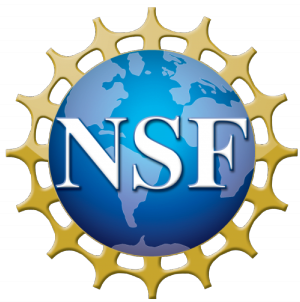March 30th, 2007 | RESEARCH
This paper lays out a theory of (re-)generative learning to explain how families and communities socialize young learners into thinking like scientists and mathematicians. Cultural communities and their families orient their young in varied ways toward the language, behaviors, and self-theories about the future presupposed in the learning of science and mathematics. Certain socialization processes and norms correspond closely with those that scientists and artists use in laboratories, studios, and rehearsals. Certain norms of politeness and patterns of language differ significantly from habits of scientific thinking as practiced in formal settings, such as schools, research laboratories, and organizations whose products and services derive from scientific experimentation. Critical for equalizing the chances of learners from diverse socialization backgrounds for advancement in the sciences, will be creation of community learning environments that allow for sufficient linguistic modeling and practice in scientific and artistic pursuits. The paper closes by proposing three types of community-based and collaborative learning environments in the sciences and arts to ensure wide-ranging learning across learner diversities.
Document
Brice_Heath_Commissioned_Paper.pdf
Team Members
Shirley Heath, Author, Stanford UniversityRelated URLs
Learning Science within Informal Environments
Tags
Audience: Educators | Teachers | General Public | Museum | ISE Professionals
Discipline: Education and learning science | General STEM | Mathematics | Nature of science | Social science and psychology
Resource Type: Reference Materials | Report
Environment Type: Exhibitions | Informal | Formal Connections | Media and Technology | Professional Development | Conferences | Networks | Public Programs

